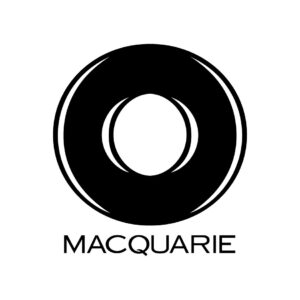Macquarie Asset Management
Macquarie Asset Management is a global asset manager, integrated across public and private markets. Trusted by institutions, governments, foundations and individuals to manage approximately $US588 billion in assets, we provide a diverse range of investment solutions including real assets, real estate, credit and equities & multi-asset.
Macquarie Asset Management is part of Macquarie Group, a diversified financial group providing clients with asset management, finance, banking, advisory, and risk and capital solutions across debt, equity and commodities. Founded in 1969, Macquarie Group employs approximately 19,700+ in 31 markets and is listed on the Australian Securities Exchange.
All figures as of 31 March 2025.
Shannon Pons
Head of Americas Insurance Solutions
Shannon.Pons@macquarie.com
704-975-5621
Ping Li
Senior Vice President
Insurance Strategy Lead
ping.li@macquarie.com
347-237-2454






